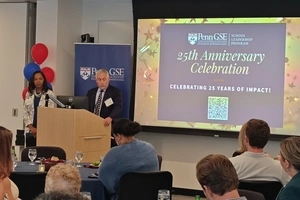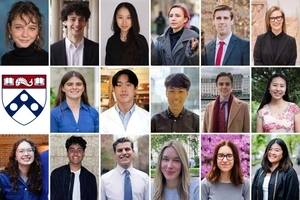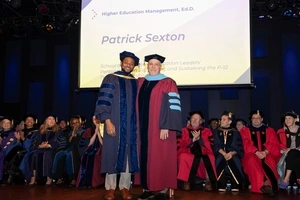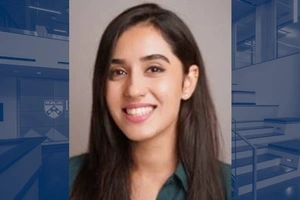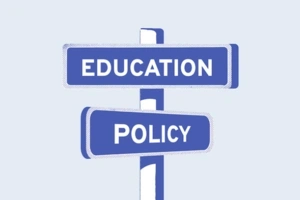Melissa M. Kim - Lifting Up Student Voices
Mid Career Doctoral Program in Educational Leadership, Ed.D., 2009
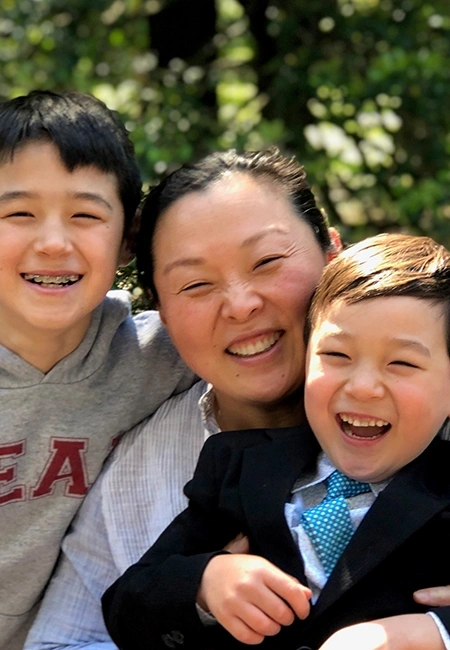
In a year that brought a global pandemic, heightened awareness of racism and oppression, and significant mental health challenges, the District of Columbia Public Schools found that a new curriculum was in order. The result is the “Living through History” unit that launched under the leadership of Melissa M. Kim, GRD’09, deputy chancellor of social, emotional, and academic development. The unit opened the school year for the district’s approximately fifty thousand pre-K–12 students and provided context for the dual pandemics of COVID-19 and racism to help students make sense of their experiences during tumultuous times.
“Educators need to be both content experts and also human development experts,” says Dr. Kim, a graduate of Penn GSE’s Mid Career Doctoral Program in Educational Leadership. “I think kids should be just as fluent in how they feel, how they respond to stress, as we expect them to be in math and reading.”
As the district’s 117 schools operated online due to the pandemic, the “Living through History” unit encouraged students to share their perspectives and apply academic knowledge to discuss the current era and create a variety of projects. A number of the resulting videos, songs, works of art, public service announcements, and time capsules have been featured on the Smithsonian Learning Lab website.
“We’re trying to redefine civic education,” says Kim. From the start, the new curriculum addressed the virus’s unequal impact along racial and socioeconomic lines and presented public health as a civic responsibility. In the wake of the siege on the U.S. Capitol, the district quickly provided teachers with resources to discuss the threat to democracy and the difference between insurrection and protest.
A main goal, Kim says, is to develop citizens who notice patterns of inclusion and exclusion in society and take action to address concerns, for example, by writing letters to Congress. “What I think civic education should address at its heart is how we can work to include people,” says Kim. “How do we get students to be reflective enough to participate in the creation of a better world?”
Inclusion has long interested her. Growing up as a Korean American immigrant and non-native English speaker often made her “feel outside of the dominant American culture,” says Kim. She wrote her Penn GSE doctoral dissertation on segregation and the experiences of students transitioning from racially homogenous elementary schools to racially diverse middle schools.
“What I think civic education should address at its heart is how we can work to include people.” —Melissa M. Kim, GRD’09
Kim reports that under her leadership, the school district has worked to create a culture of inclusion by putting student voices at center. For example, the redesign of two underperforming schools included extensive input from students. In addition, at the district level, long-term suspensions were reduced through alternative approaches that help students learn to share space and express needs and wants effectively.
While Kim emphasizes that the curriculum and initiatives are works in progress, she sees a positive impact. “We’ve invested a lot of time in engaging students,” she says. “What I do know is that they’re in a much healthier place as a result.”



